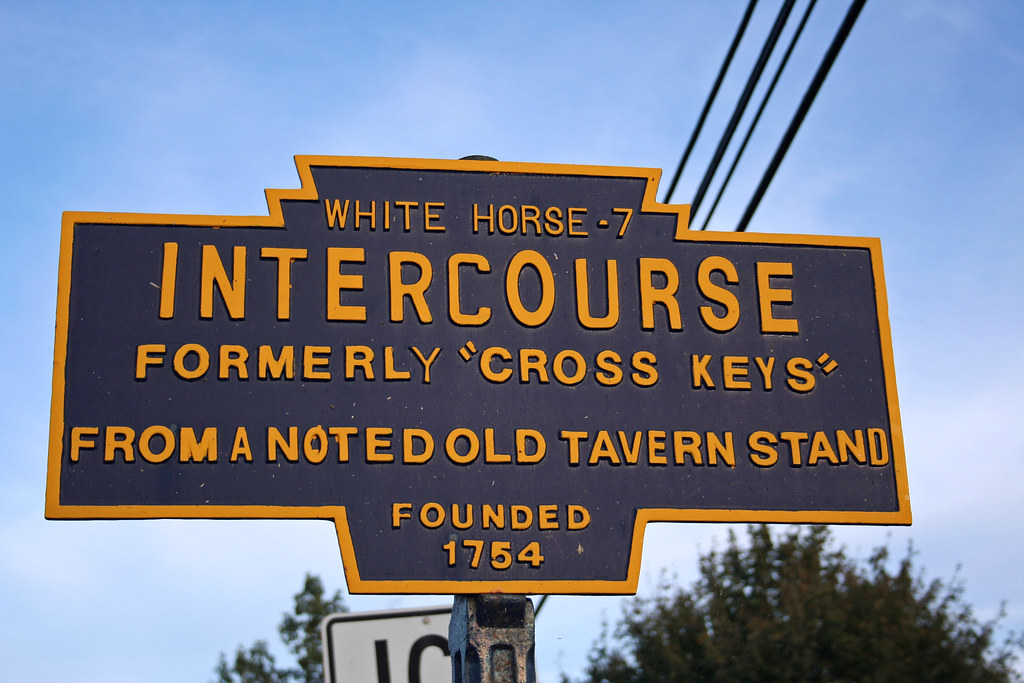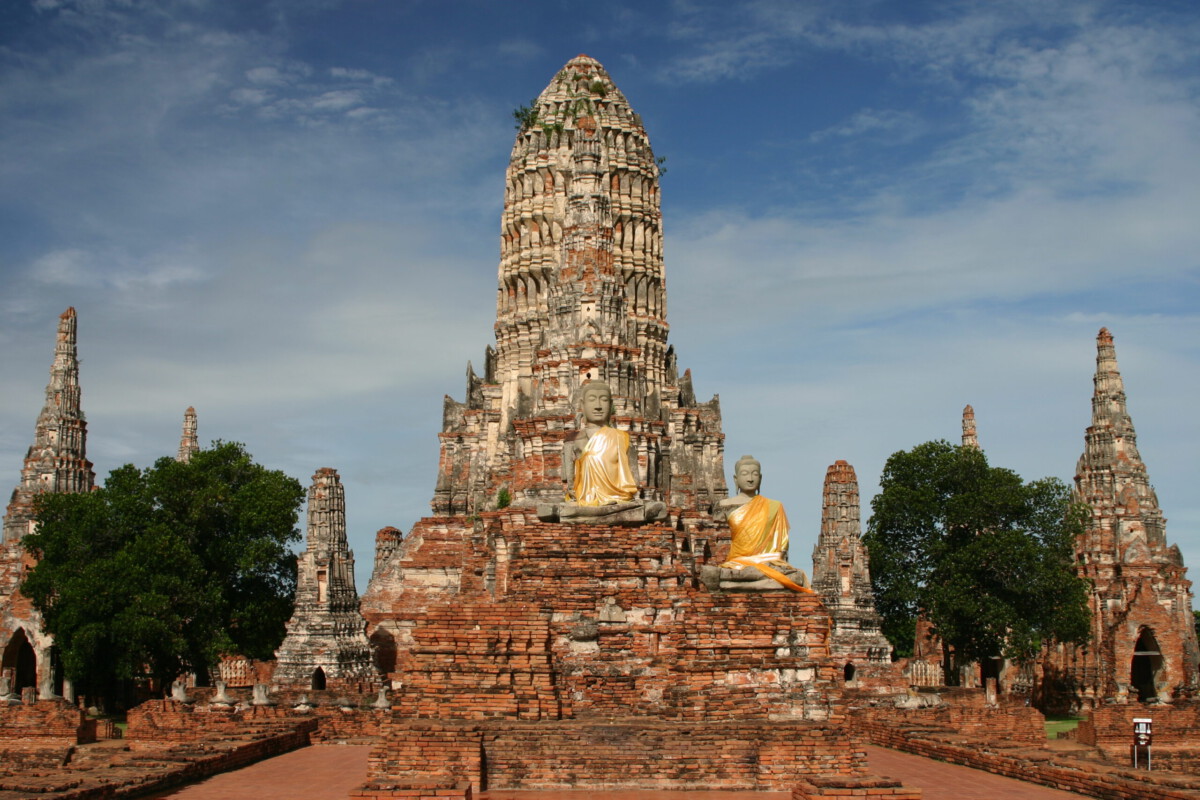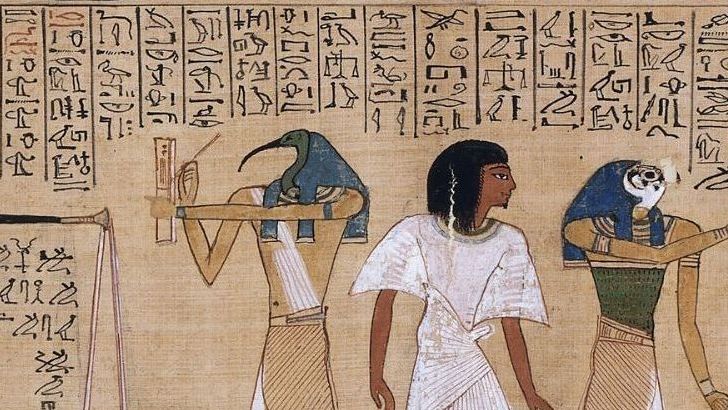Truth or Consequences: When a Radio Show Changed History

Imagine changing your entire town’s name just to get on the radio. That’s exactly what happened in New Mexico back in 1950, when Hot Springs officially changed its name to Truth or Consequences after Ralph Edwards, the host of the NBC Radio quiz show Truth or Consequences, announced that he would air the program on its 10th anniversary from the first town that renamed itself after the show. The town changed its name as a joke with every intention of changing it back, but after Edwards visited for the broadcast, the town developed such an affinity for him that residents voted to make the new name permanent. What makes this story even better is that Edwards visited the town during the first weekend of May for the next 50 years. Today, the city still celebrates this bizarre piece of history with an annual fiesta, proving that sometimes the craziest marketing stunts actually work.
Zzyzx: The Last Word in Everything

Curtis Howe Springer named the settlement Zzyzx as a gimmick to ensure that it would be “the last word” in health, making it alphabetically the final entry in any directory. This radio evangelist and self-proclaimed medical doctor, who was in actuality neither a doctor nor a minister and described himself as the “last of the old-time medicine men”, founded his desert health resort in California’s Mojave Desert in 1944. Springer filed a mining claim on federal land to 12,800 acres in California’s Mojave Desert, claiming a tract about 8 miles long and 3 miles wide. The guy was basically running a massive scam, complete with fake hot springs created by using a boiler to heat several pools. Eventually, the American Medical Association labeled him the “King of Quacks” in 1969, and in the early 1970s, the federal government discovered that Springer held no legal rights to the land where Zzyzx stood and evicted him. The name stuck though, and today it’s managed by California State University as a research center.
Intercourse: Not What You Think

Before you snicker, let me explain how Intercourse, Pennsylvania really got its name. Intercourse was founded in 1754 and was originally named “Cross Keys”, after a local tavern. It wasn’t until 1814 that the name was changed to Intercourse, during a more genteel time when the word meant something quite different than it does today. There are several theories about where the name came from, and they’re all pretty innocent. The word ‘intercourse’ was commonly used to describe the ‘fellowship’ and ‘social interaction and support’ shared in the community of faith, which was much a part of a rural village like this one. Another theory suggests it derived from a racecourse on the edge of town called “Entercourse”, where visitors would enter the racing festivities, and the entrance was coined “Entercourse” and may have evolved into Intercourse. The truth is, back then “intercourse” just meant conversation or social interaction – nothing scandalous about it.
Why: The Existential Question Town

For a town named after a question word, Why’s name origin has a pretty good answer – the area had been known simply as Y before having to officially name itself, as two highways formed a Y-intersection there, but in Arizona, towns need to have at least three letters, so Y became Why. It’s one of those perfect accidents of bureaucracy that created something memorable. This teeny-tiny community near the U.S.-Mexico border is named after the y-shaped intersection of two nearby highways, and because of an Arizona law requiring place names have at least three letters, y became the much more existential Why. The town sits in the middle of nowhere with just a handful of residents, making it feel like the universe is asking you a philosophical question every time you see the road sign. Sometimes the simplest explanations are the most amusing – a town literally named after the shape of its main intersection.
Whynot: The Frustrated Founders’ Legacy

The story goes that after discussing potential town names for hours, the balking community members wondered why they couldn’t just name their town “Why not” and be done with it – turns out, they could, and while the two-word “Why Not” eventually became Whynot, their frustration lives on in state history. This North Carolina community represents what happens when people get fed up with indecision and just go with whatever ends the meeting. The name was decided on when the residents of the area had to come up with one when the United States Post Office came to town – suggestions were thrown out and summarily rejected, at which point someone apparently wryly suggested: “Why not name the town Why Not and let’s go home?” and apparently, everyone agreed. It’s the perfect example of how exhaustion can lead to brilliant naming decisions. The town’s name has become a testament to the power of exasperation and compromise in small-town democracy.
Toad Suck: Not About Amphibians

Despite what its name might imply, Toad Suck, Arkansas is neither overrun with toads nor sucking of toads, and due to the influx of French settlers during the state’s early days, the most likely origin of Toad Suck is a reference to a protected river eddy, often called a “suck” — and when the water is low, that suck may be full of toads. The name sounds absolutely disgusting until you understand the geography behind it. Additional theories include sailors getting drunk as toads (sucking on the bottle) and the Anglicization of a French phrase, but they don’t hold as much water. River terminology from the 1800s was pretty specific, and a “suck” referred to a particular type of water formation that could trap debris – or in this case, toads during low water periods. It’s one of those names that sounds worse than the reality, which is actually just a description of local water patterns and wildlife.
Hell: Michigan’s Devilish Township

Hell, Michigan exists, and the locals seem to enjoy the irony. This spooky name of unknown origin could be the title of a metal record, a teenage horror movie or a scary video game. The town embraces its hellish moniker with gift shops selling “Hell” merchandise and offering ceremonies for people who want to say they’ve “been to Hell and back.” While the exact origin remains mysterious, local legends suggest it might have been named after the difficulty of traveling through the swampy terrain, making early settlers feel like they were going through hell to get there. The post office handles thousands of letters from people who want their mail postmarked from Hell, especially around Halloween and Valentine’s Day. It’s become a quirky tourist destination where visitors can literally mail postcards from Hell.
Boring: Oregon’s Ironically Named Town

This town at the foot of the Cascade Range is named for William Harrison Boring, a former Union soldier and farmer who settled the area in 1874, and the townspeople embrace their low-key moniker with humor, adopting the tagline, “An exciting place to live”. The name has nothing to do with being dull – it’s simply named after its founder. The residents have completely leaned into the joke, creating sister city relationships with Dull, Scotland, and Bland, Australia, forming what they call the “League of Extraordinary Communities.” They host an annual Boring Day festival and sell t-shirts that play on their unfortunate name. What makes Boring particularly entertaining is how the community has turned a potentially embarrassing name into a source of pride and tourism revenue. Sometimes the best response to having an odd name is to embrace it completely.
Cut and Shoot: Texas Showdown Town

The origin of Cut and Shoot’s name is more literal than expected – according to the story, the name refers to a confrontation that took place in 1912 and almost led to violence. This Texas town’s name sounds like something out of a Western movie, and the story behind it lives up to that reputation. The confrontation apparently involved a dispute over the design of a new church steeple, with tensions running so high that someone supposedly said they were ready to “cut and shoot” their way out of the argument. Fortunately, cooler heads prevailed and no actual shooting occurred, but the dramatic phrase stuck as the town’s name. It’s one of those names that perfectly captures the Wild West mentality of early Texas settlers, where disputes were settled with strong words and stronger attitudes. The town has kept the name as a reminder of how quickly community disagreements could escalate in frontier times.
Humptulips: The Hardest River to Navigate

Humptulips is one of the rare ridiculously-named places whose origin story is as funny as its current designation – the name derives from a local Native American word meaning “hard to pole”, referring to the indigenous peoples’ difficulty in navigating a nearby river of the same name, as traditionally, Native Americans traversed waterways in canoes propelled with poles, and the Humptulip’s rough waters were especially arduous to power up or across. This Washington town sits in former logging territory, and its name is basically an ancient Yelp review of the local river. The Native Americans who first traveled these waters left behind a perfectly descriptive name that warned future travelers about the challenging navigation conditions. Located 25 miles north of Aberdeen – famous as Kurt Cobain’s hometown – this tiny burgh was, like much of western Washington, once a major logging hub. It’s refreshing to find a place name that’s both historically accurate and hilariously honest about the local geography.
Intercourse’s Neighbor: Blue Ball’s Inn-Spired Name

Blue Ball got its name from the Blue Ball Hotel, built more than 200 years ago when John Wallace, an Irishman, built a small building at the intersection of two Indian trails and hung a blue ball out front, calling it “The Sign of the Blue Ball” – locals began calling Earl Town — the original town name — Blue Ball after the inn, so in 1833, Earl Town officially changed its name to Blue Ball. This Pennsylvania town demonstrates how a simple inn sign could determine a community’s identity for centuries. The blue ball wasn’t anything fancy – just a painted wooden sphere that served as a recognizable landmark for travelers. Years later during Prohibition, the inn changed its name to Blue Ball Hotel, though the inn was torn down in 1997. It’s amazing how a simple business decision by one Irish innkeeper in the 1700s created a town name that still makes people chuckle today. The story shows how commercial signage in early America often became the basis for community identity.
Normal: The Teacher Training Town

The somewhat abnormal name of this town of 53,000 was taken from Illinois State Normal University, a normal school (or teacher training institution), which was located there – the school, now known as Illinois State University, is the oldest public building teaching higher education in the state. Normal, Illinois got its name from the educational term “normal school,” which referred to institutions that trained teachers in the “norms” or standards of education. Normal was named for its local “normal school” — where teachers learn teaching standards, or “norms”. The irony is that most people today don’t know what a “normal school” was, so the town’s name sounds like someone just gave up trying to be creative. The town has grown around its educational heritage, and the university remains a central part of the community. It’s one of those names that made perfect sense when it was chosen but sounds oddly generic to modern ears.
Accident: Maryland’s Surveying Mistake

Accident is a town in Garrett County, Maryland, with residents who total 338 as of 2020 and are known as “Accidentals” – one story claims that Brooke Beall and William Deakins Jr. were both surveying land in western Maryland, and the region now known as Accident was mistakenly surveyed by Beall after Deakins had already done it. The name literally comes from a surveying error, making it one of the most honest town names in America. Even though the town’s origin story probably stems from a simple mistake, it was one of the first settlements in western Maryland. The residents have learned to live with being called “Accidentals,” and the town has embraced its accidental beginnings. It’s fitting that a town born from a mistake would end up with such a memorable name. Sometimes the best stories come from the simplest human errors, and Accident proves that even surveying mistakes can create lasting legacies.
French Camp: California’s Linguistic Evolution

Smackover, Arkansas, was originally settled by French trappers, and it’s believed that the town earned its semi-violent sounding moniker as a result of the French name for the local creek, Chemin Couvert. This demonstrates how French place names often got mangled through English pronunciation over time. Many American towns with strange names actually started as perfectly normal French, Spanish, or Native American words that got transformed through generations of mispronunciation and respelling. The process of linguistic evolution in place names shows how immigrant communities left their mark on American geography, even when their original meanings got lost in translation. French trappers and explorers named hundreds of locations across the American frontier, but few people today recognize these names as having European origins. It’s a reminder that America’s “strange” town names often have perfectly logical explanations rooted in the languages of early settlers.
Did you expect that so many weird American town names came from such mundane beginnings?




